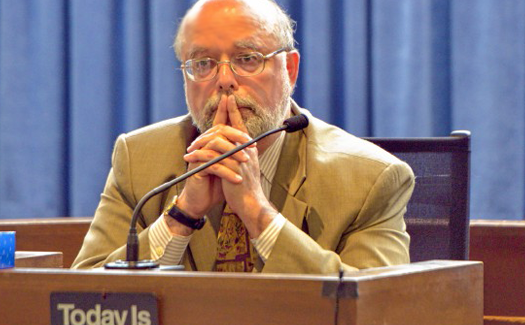Dr Andrew provides expert testimony, expert reports and literature review to jurors, prosecutors and defense attorneys.
 Dr Andrew’s has served as an expert witness in many cases that require testimony on complex medical issues. He is able to present to jurors in a manner that can be easily understood and are relevant to the case. He has never been refused expert status. Dr Andrew has provided this expert testimony on forensic medical issues at all levels including county, state and federal.
Dr Andrew’s has served as an expert witness in many cases that require testimony on complex medical issues. He is able to present to jurors in a manner that can be easily understood and are relevant to the case. He has never been refused expert status. Dr Andrew has provided this expert testimony on forensic medical issues at all levels including county, state and federal.
This is the first of a series of posts describing the areas in which Dr Andrew has provided expert witness testimony. In this post we discuss his expert testimony in drug related deaths and complex homicide cases
Expert Opinion in Drug Related Deaths:
Dr Andrew’s testimonial experience in drug-related deaths has taught him that the determination of death due to one or more prescription and/or “street” drugs is fraught with a great deal of imprecision not readily appreciated by attorneys, let alone lay juries who are called upon to evaluate the reliability of expert testimony in this regard. On the surface, the answer seems simple. Dead person + “lethal level” of suspect drug = death due to suspect drug. This is dubious science that is unfortunately trotted out to juries with great regularity.
Each death must be evaluated individually and holistically, considering the drug-use and perhaps medical history of the decedent, circumstances of the death, the specific agent or agents involved, autopsy and investigative findings. Relying solely on the concentration of a given drug in the remains of a dead person is unreliable.
Dr Andrew has testified that persons with seemingly benign levels of drugs detected postmortem have died due to the drug in question and he has testified in proceedings of deaths due to clearly documented trauma, e.g. vehicular crash with catastrophic brain injury that trauma caused the death despite “lethal levels” of a given drug detected in a postmortem specimen. If your expert opines, “this person died (or did not die) as a result of this drug, because of what this chart says about levels of this drug in living persons,” with no other support for that opinion, you are well-advised to press for a more thorough evaluation or seek another expert.
Forensic Medicine and Science is a Team Effort
While the forensic pathologist may be the medical world’s last true generalist, no complex case can be resolved relying on the expertise of just one individual. A complex homicide requires collegial teamwork. A decapitated and dismembered torso was discovered floating in a duffel bag on a river. The autopsy revealed the cause of death and the fact that the mutilation of the remains was done postmortem. Unanswered solely by the autopsy was the question of what exactly was used to decapitate and dismember the corpse.
There were clearly visible striations on the cut ends of the long bones of the arms and legs. Microseal® castings were made of these markings by crime lab personnel the day of the autopsy. Six weeks later a person of interest led police to a wooded area some miles away from the original scene where two legs and a head were recovered. Visually the extremities and head were a “good match,” but additional castings of the new evidence compared quite favorably to a miter saw belonging to the person of interest. This chain of events made for compelling testimony and in the end, justice was served.

